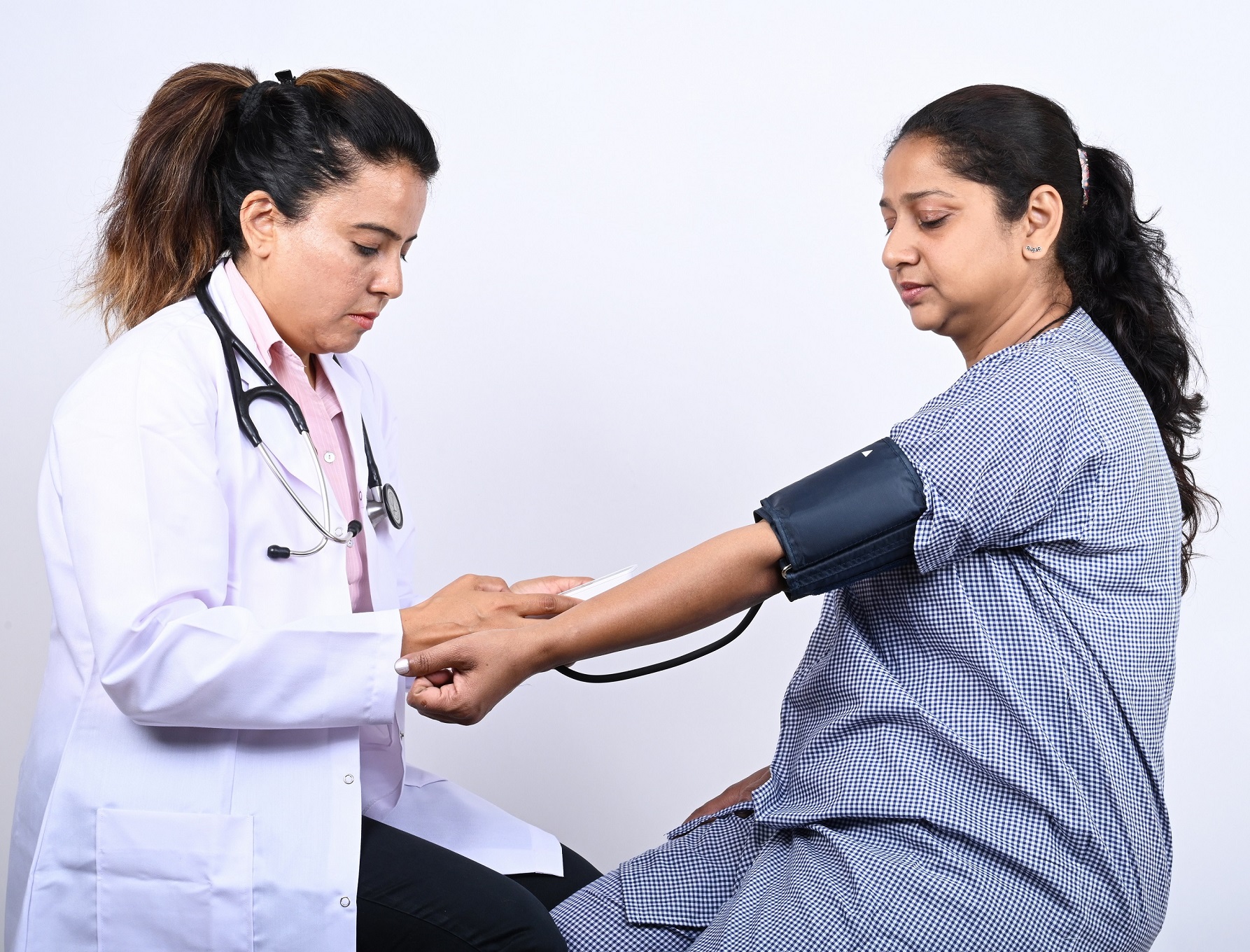Heart disease has long been associated with men, but the truth is that it affects women just as profoundly. In fact, heart disease is the leading cause of death for both men and women worldwide.
However, women often experience different symptoms and risk factors compared to men. This blog post aims to shed light on the unique aspects of heart disease in women, emphasizing the importance of early detection and prevention.
Understanding the Gender Difference
Heart disease manifests differently in women than in men, making it crucial to recognize the unique symptoms.
While men often present with the classic symptoms like chest pain or discomfort, women are more likely to experience subtler signs such as shortness of breath, nausea, vomiting, jaw pain, and back pain. These differences can lead to under diagnosis and delayed treatment for women.
Risk Factors for Women
Several risk factors increase a woman’s likelihood of developing heart disease. These include:
Hormones: Estrogen offers some protective effects on the cardiovascular system, but this advantage diminishes after menopause, increasing the risk for women.
Age: The risk of heart disease increases with age, and women over 55 are more susceptible.
Family History: A family history of heart disease can significantly elevate a woman’s risk.
Smoking: Smoking is a strong risk factor for heart disease, and women who smoke are at a higher risk.
High Blood Pressure and Cholesterol: Elevated blood pressure and cholesterol levels contribute to heart disease risk.
Diabetes: Women with diabetes have a higher risk of heart disease compared to men with diabetes.
Physical Inactivity: Lack of regular exercise can contribute to heart disease risk factors.
Early Detection: The Key to Prevention
Know the Symptoms: Being aware of both classic and atypical symptoms of heart disease is crucial. Women should not dismiss any unusual symptoms and seek medical attention if they experience discomfort or distress.
Regular Health Check-ups: Routine check-ups allow healthcare professionals to monitor blood pressure, cholesterol levels, and other risk factors. Early detection can lead to timely interventions.
Understanding Family History: Knowing the family’s medical history helps women understand their risk profile and take proactive measures.
Blood Pressure and Cholesterol Management: Managing blood pressure and cholesterol through lifestyle changes, medication, or a combination of both can significantly reduce heart disease risk.
Healthy Lifestyle Choices: A balanced diet, regular exercise, maintaining a healthy weight, managing stress, and avoiding smoking are all integral to heart health.
Prevention Strategies
Heart-Healthy Diet: Emphasize whole grains, lean proteins, fruits, vegetables, and healthy fats. Limit saturated and trans fats, sodium, and added sugars.
Physical Activity: Aim for at least 150 minutes of moderate-intensity aerobic activity or 75 minutes of vigorous-intensity aerobic activity each week.
Stress Management: Engage in relaxation techniques like meditation, yoga, or deep breathing to manage stress effectively.
Avoid Smoking: Quitting smoking is one of the most significant steps to reduce heart disease risk.
Medication and Treatment: Follow prescribed medication regimens and treatment plans diligently if you have underlying conditions like high blood pressure or diabetes.
Women and heart disease are not mutually exclusive. Understanding the gender-specific symptoms and risk factors is essential for early detection and prevention.
By being proactive about heart health through regular check-ups, healthy lifestyle choices, and risk factor management, women can significantly lower their risk of heart disease and live healthier, more fulfilling lives.
It’s time to prioritize heart health and empower women to take charge of their well-being.
Author:
Dr. AQM Reza
Senior Consultant & Coordinator


